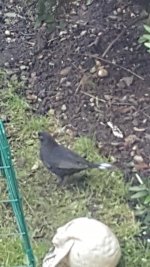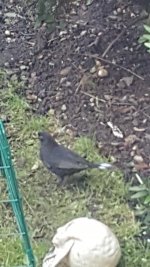Tiraya
San Diego CA

Hmm, you're not providing much basis for reply. . ..
With words like "define" vs "definitely", you pronounce one as "fine" and one as "fin". Well most people do anyway.
It occurs to me that with words like "leuca" I do find myself using a hard c. Seems I'm not very consistent.








